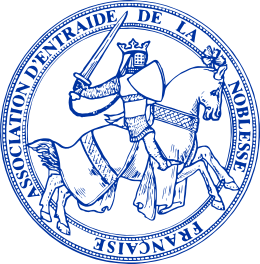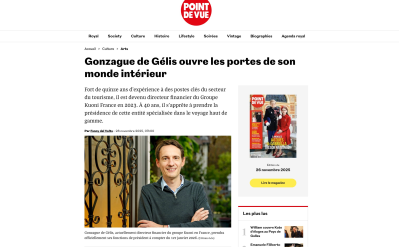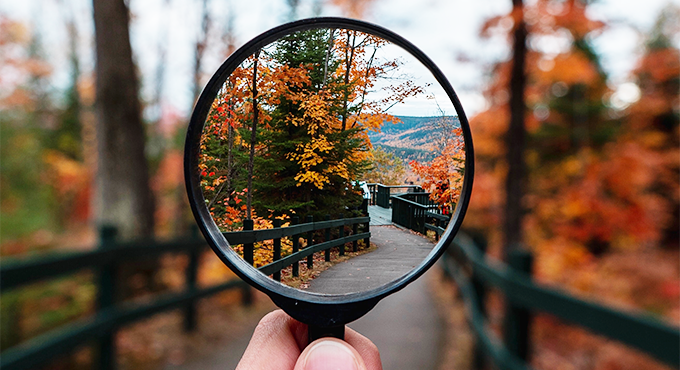News

Le Figaro Magazine: "Philippe de Villiers: "Every night, I woke up with a start: what will become of our grandchildren?""
24 October 2024
Press review
Viewed 2082 times
GRAND ENTRETIEN : The opening ceremony of the Olympic Games sharpened his pen. In his new book, the writer and founder of the Puy du Fou believes that this moment was a real turning point, marking...
You must be logged in to read more









